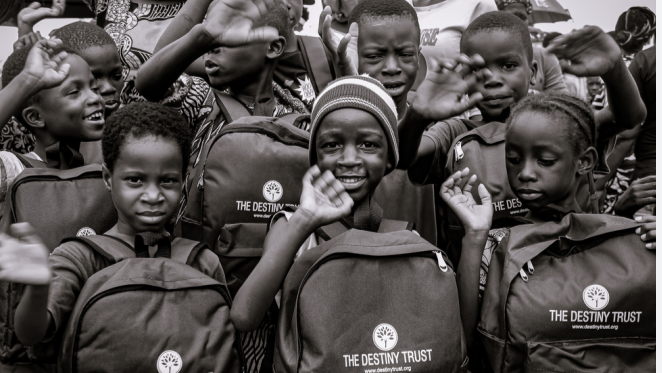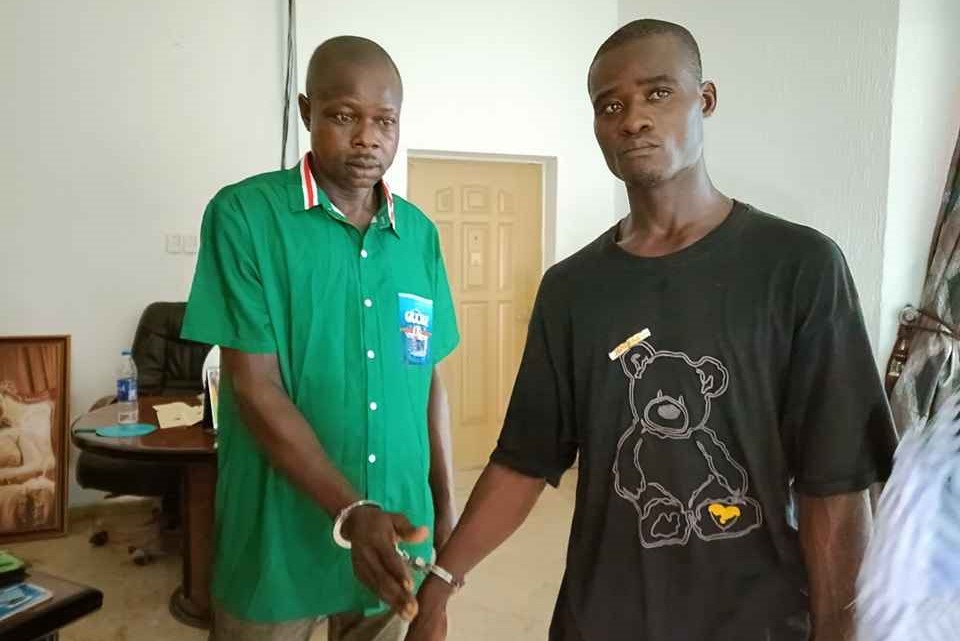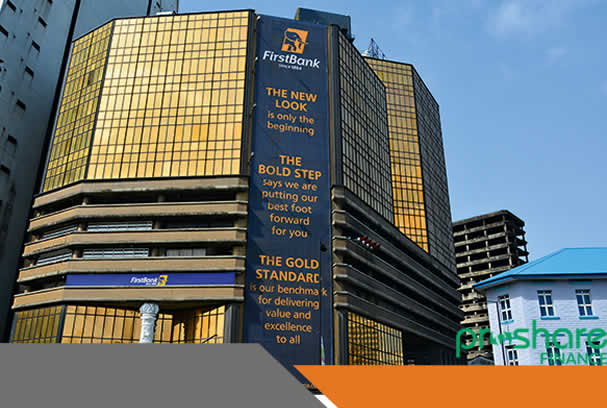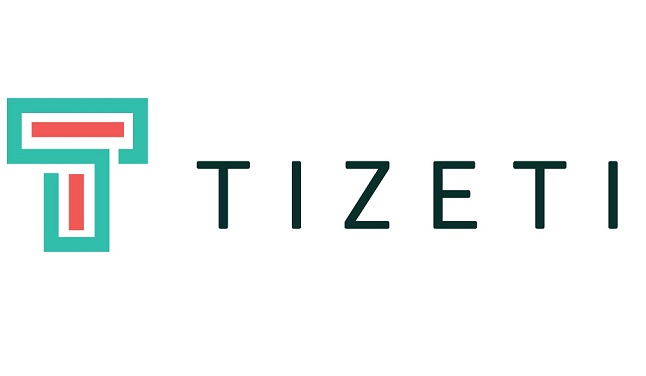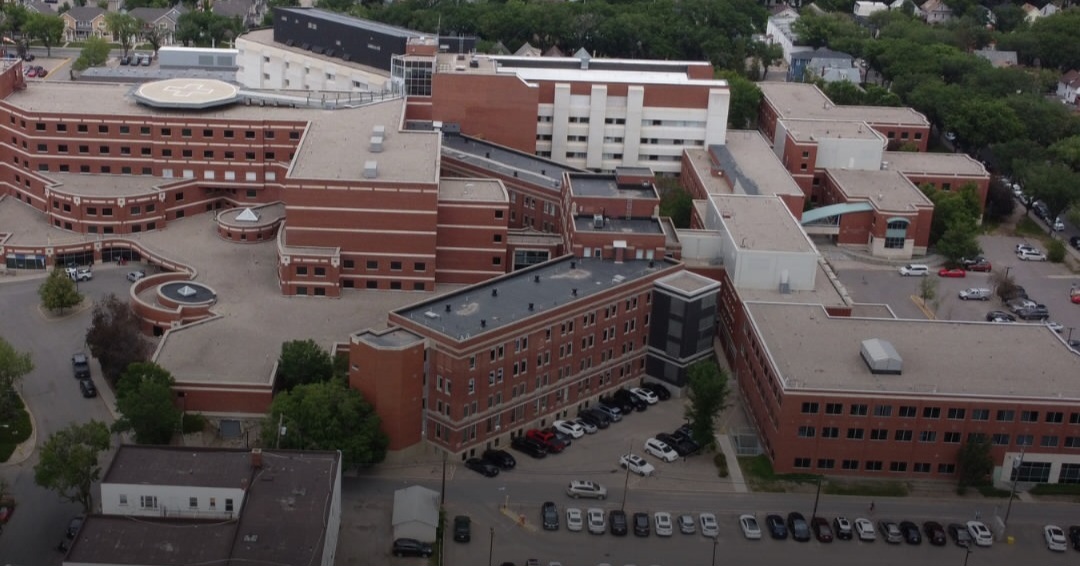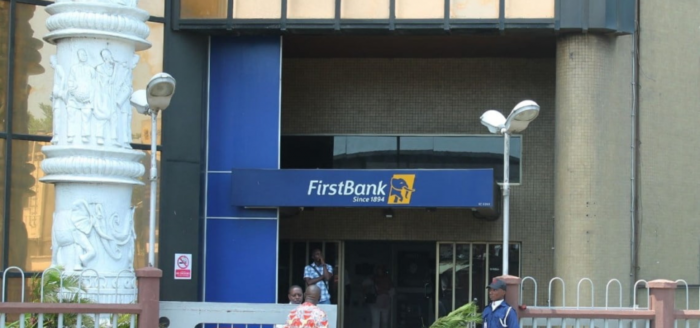We are thankful for the magic we created in the last decade because you believed in us. And because of our mutual conviction to never leave a child behind, we stay inspired and keep an audacious focus on going all the way to put more children first for the next decade.
Those were the words of Abimbola Ojenike, co-founder, The Destiny Trust — an organisation that takes the wellbeing, education and empowerment of homeless children, and other classes of young people in disadvantaged circumstances as its priority — in the impact report released by the foundation for 2022.
So far, and despite running on a very lean budget, The Destiny Trust has continued to meet the needs of disadvantaged children by focusing on the goal of using education as a means of tangible empowerment.
For 10 years, the foundation has also continued to run an extensive care programme which guarantees shelter, food, protection and all basic needs to categories of children who need a safe and stable home environment to benefit from the transformative potential of education.
2022 AT A GLANCE
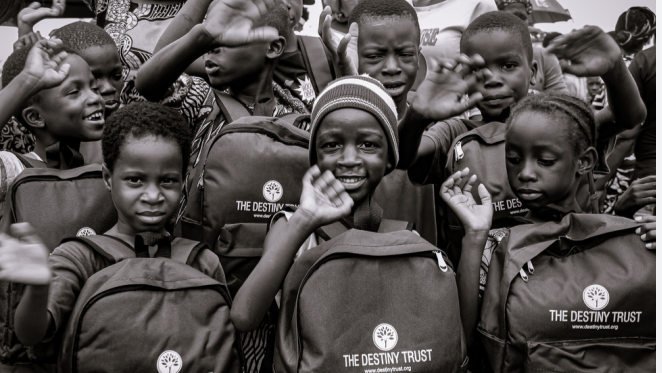
In 2022, the foundation was able to enroll 515 children in school. Children under this category were those who had never had the privilege of being in a classroom but were of age, and those who once attended school but had to stop due to lack of finance. A total of 136 children were also either placed on scholarship or admitted into the foundation’s tuition-free school in the same year.
On feeding, The Destiny Trust served 100,375 meals in all its three children homes, resettlement homes and school feeding programmes.
Fifteen overage children were also given accelerated basic education and later integrated into mainstream secondary schools, 83 homeless children were provided shelter and alternative care, while another 450 benefitted from the foundation’s school support projects in adopted schools.
A total of 292 students, who had at one time found themselves in underserved schools, were taught literacy by the foundation’s teachers, while another 230 received training on coding and digital skills at the foundation’s Kids Innovation Hub.
ACCELERATED EDUCATION FOR OLDER OUT-OF-SCHOOL CHILDREN
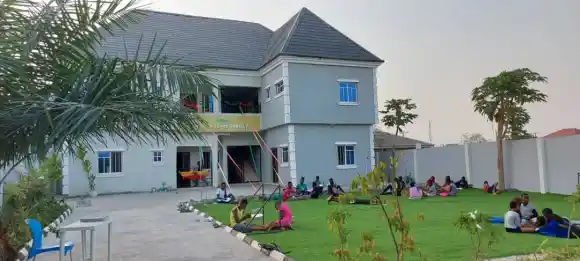
In October 2021, The Destiny Trust set up its Bridge Learning Centre (BLC) to provide accelerated education for overage out-of-school children who had for a very long time missed out on basic education.
Through evidence-based assessment of the BLC’s pilot interventions in the last one year, the foundation was able to estimate the effectiveness of learning interactions with the pioneer set of 44 children that started the programme.
By 2022, 15 students, who graduated from the BLC were integrated into regular schools, and at a more age-appropriate level.
To demonstrate what progress looked like at the centre, five students were randomly selected for the assessment of their performances at three different stages of their learning journeys.
Their performance tracks were weighted from entry point, through their learning time at the BLC (AEP performance), their entrance assessment into regular school integration, and to their current performances as students in regular schools.
Student 1, whose entry level performance was just around 33 per cent, progressed to scoring 70 per cent, after going through the BLC programme, and by the time he sat for regular school tests and examinations.
A second student, who could only score 30 per cent at the BLC entry level assessment, rose to scoring 80 per cent in regular school tests and exams after passing through the BLC system.
Students 3, 4 and 5, who could only record entry level scores of 20 per cent, 40 per cent and 38 per cent respectively, and at the BLC, also improved to scoring 60 per cent, 78 per cent and 75 per cent by the time they wrote regular school tests and exams.
READ ALSO: The Destiny Trust Foundation @ 10. One Decade of Giving Hope to Street Kids
Students within this category had previously missed school for two to three years and were given accelerated education for one year. In the end, they passed school entrance examination at above 65 per cent average.
Also, 60 per cent of the children that were provided with accelerated education at the Bridge Learning Centre were girls.
“Our experience reaffirmed our belief that no child is unteachable irrespective of their age,” the foundation said. “Through our investment in the learning environment of the children to inspire creativity, curiosity and candour we saw accelerated success in their learning pace and outcomes.”
IMPACT OF SCHOOL FEEDING PLAN
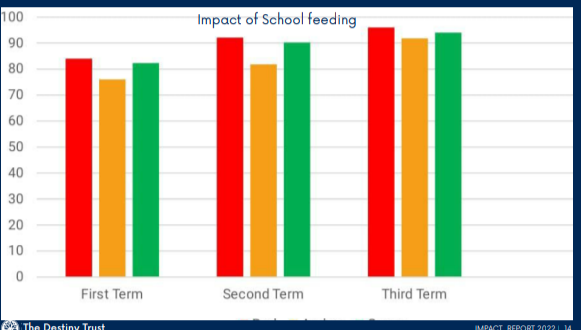
The Impact Report also highlighted the significant part the foundation’s school feeding plan played in the successful learning outcome at the BLC. Before the plan was introduced at the centre, it was discovered that the attention span of learners was extremely low as most of them came to school hungry. Some of the children were also often asked to stay back at home by their parents because they were unable to provide meals for them. Some children were also forced into child labour so they could realise money for feeding, and this ultimately kept them away from classrooms.
For those who managed to attend classes on empty stomachs, it was difficult getting them to participate in classroom activities. It was also discovered that most of them suffered from malnourishment.
As soon as the foundation started serving them lunch, however, one of the significant changes was the great improvement in their health. In the end, the feeding plan assisted in conditioning the children’s minds for learning. School attendance also increased by 90 per cent.
The end result is the high success rate the foundation has continued to record whenever the students sit for entrance examination into regular schools.
HIGH SUCCESS RATE OF TRANSITION TO UNIVERSITY
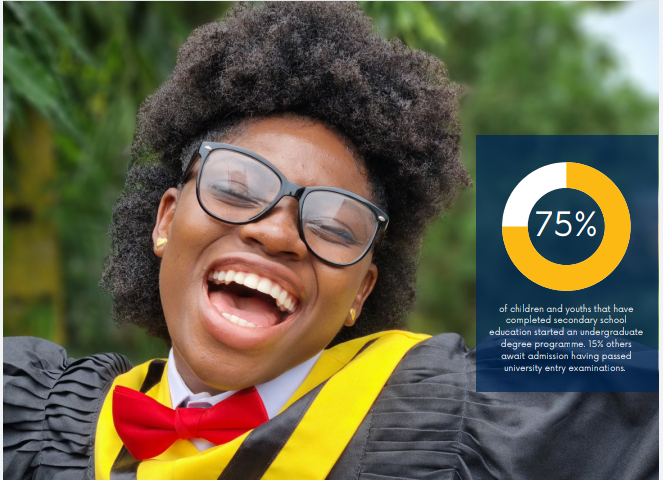
The effort made by the foundation in ensuring that disadvantaged children get to receive quality education has paid off, as 75 per cent of children benefitting from the programme, having completed secondary school secondary school education, gained admission into various universities in Nigeria in 2022.
Another 15 per cent await admissions, having passed university entrance examinations.
READ ALSO: Destiny Trust Offers ‘New Family’ to 17-Year-Old Abducted by Bandits
“Our education plan for every child goes beyond mere literacy. We are empowering children to prosper by exploring the fullest possibilities education offers,” the report further reads.
CARE AND OUTREACH PROGRAMMES
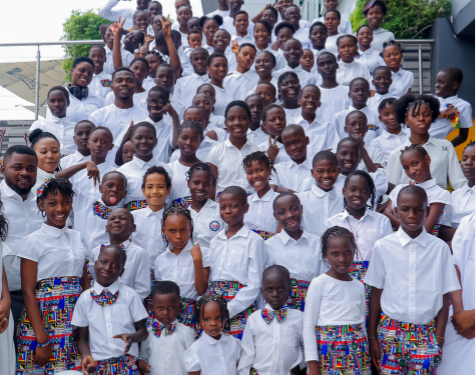
In 2022, The Destiny Trust gave a home away from the streets to 83 children. While under the residential care of the foundation, these children have continued to enjoy educational benefits (up to university level).
The foundation has equally secured a new building that would serve as an independent living space for the students. The building comprises a three-bedroom duplex, four flats, and an outdoor area for greenery and recreation.
According to the foundation, the plan is to see the children live autonomously in an environment that fosters discipline, self-governance, and personal agency in line with the social values with which they have been raised.
The process is expected to help the children, especially the teenagers among them, to further develop critical decision-making, problem-solving, financial management, and household management skills. These qualities are expected to guide them once they are saddled with the responsibility
of managing the living space they will be assigned as responsible adults.
In its 2022 outreach programmes, The Destiny Trust also profiled and
supported 515 children in going back to school. The foundation ensured that a part of this group of children were enrolled in school for the first time.
READ ALSO: UNVEILED: Destiny Trust’s Bridge Learning Centre for Overage Out-of-School Children
The back-to-school support that were provided to the children also included the provision of essential school needs such as books, school bags, socks, uniforms, school sandals and other writing materials.
THE OPENING OF A NEW HOME
The foundation plans to open a new home in Lagos in the first quarter of 2023. The home is expected to increase The Destiny Trust’s residential care capacity by about 42.8 per cent. It is also projected that it would improve the quality of care and strengthen the organisation’s child safeguarding and protection processes with more effective monitoring.
The new home would also result in the employment of more caregivers and home administrators just to ensure that the children are adequately cared for.
“Every child deserves a loving home they can call their own. In our work,
giving a child a stable and safe home is critical to the sustainability of
any education plan for children facing homelessness,” the foundation says.
NEW REACH FOR KIDS INNOVATION AND SUMMER BOOTCAMP
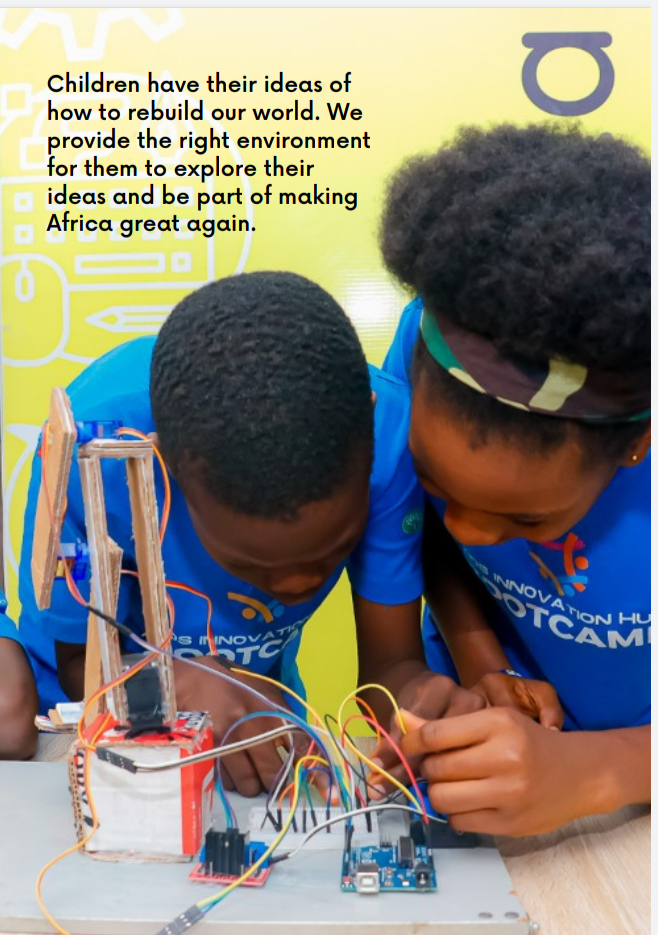
The year 2022 saw The Destiny Trust reach an advanced stage of of developing learning management solutions, a digital content library and non-internet based channels to enable blended learning of coding and arts skills for all the children under its care.
In actualising this plan, the foundation opened a Kids Innovation Hub on February 19 at its Idera Home in Bodija, Ibadan, Oyo State. The training started with the teaching of basic computer appreciation and coding training. It also had 35 pioneer participants in attendance.
In August, the foundation hosted 120 children in Lagos, and another 75 in Ibadan, at its annual Kids Tech Bootcamp. During the learning period, over 112 sessions in coding, design, UX Writing, digital arts, life skills, excursion, hackathons and demo were held.
The period also saw the children and their 20 mentors spend time in creating, learning and having fun.
PLANS FOR THE NEXT 10 YEARS
The organisation has designed a road map for the next 10 years, and this plan has been articulated into seven key parts, just to ensure that they are well executed. They include raising ‘more total children’ who would excel academically, succeed professionally, and positively impact the society, doing more in education with technology, and to partner with public sector organs in researches that would be solution-based.
The Destiny Trust is also planning to grow the impact it is having at a pan-Nigeria level, rebuild houses for children to thrive beyond in-centre care, drive a social enterprise strategy to support growth and sustainability and develop a purpose-built centre that would have the capacity to support 500 children per time.
“Our 10 years road map is built on the realization from past years’ activities that anything and everything is possible, and nothing is insurmountable. Having a vision makes the process worth it. The evidence of what we have together built in the past 10 years,” the foundation further states in the report.
“Our plans for the next 10 years have been mapped out and we are sharing them with you as you have shared our vision with us in the past 10 years. Of course, our focus and agenda remain the same.
READ ALSO: Boy Hawking to Save for His Surgery Gets Help after FIJ’s Story
“We are more than ever committed to the children so our agenda belongs to them. We have learned so much in the past 10 years. Seeing children who have been zeroed out in the community becoming undergraduates in one of the best Universities in Nigeria, winning awards of the best student in the class/subjects, getting awards of well-behaved students, etc. We are more confident than when we first started that our goals are achievable.”
FINANCIALS
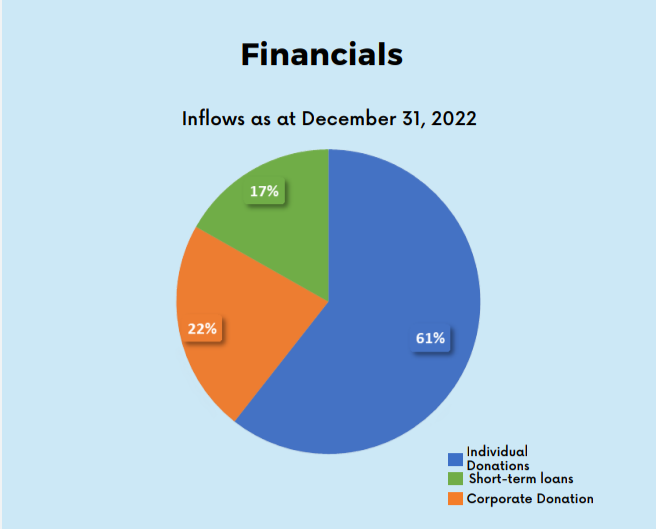
In terms of finance, The Destiny Trust received an inflow of N103,674,339 in individual donations, corporate donations and short-term loans in 2022. Individual donations accounted for 61 per cent of the funds, while 22 per cent of it came from corporate entities. The remaining 17 per cent of the funds were short-term loans that had to be sought for when the foundation’s liquidity level was at its lowest.
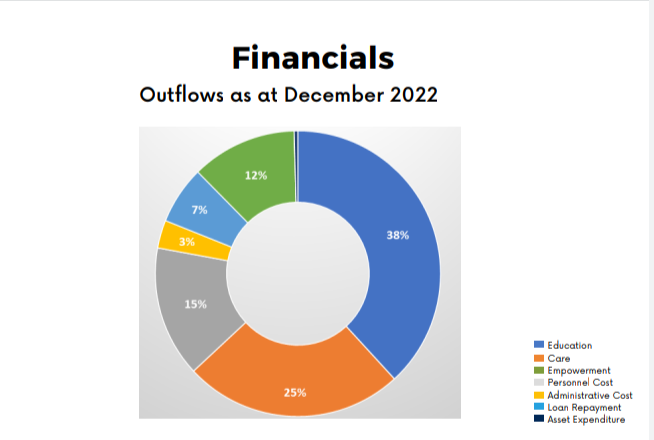
In terms of outflow, 38 per cent of the donations was spent on education, 25 per cent went to care and 15 per cent was spent on personal cost.
Twelve per cent of the funds was spent on empowerment, seven per cent was used to repay loans, while three per cent was spent on administrative cost.
CO-FOUNDER’S APPRECIATION

“From the outset, we knew that building a sustainable future for the Nigerian child would require this integrated intervention and the demands would be enormous. We also understand that quantitative growth would be hard to demonstrate,” Ojenike said.
“This is why we have redefined what ‘progress’ means to us. For us, real progress is the qualitative impact made in the life of that one child who is genuinely transformed and empowered to access the same opportunities that we have. It is a long-term investment and a stealthy journey with children on their way to fulfillment.
“The year 2022 reaffirmed that we took the right path as we tell stories of real change.
“As we reflect on the difference we made this year, we are mindful of
the subtle despair over the things we could not change due to our limited resources. However, we choose the voice of gratitude. We are thankful for the magic we created in the last decade because you believed in us.
“And because of our mutual conviction to never leave a child behind, we stay inspired and keep an audacious focus on going all the way to put more children first for the next decade.
“We are greatly delighted to share our hopes for a future in which more children prosper because of our collective actions. Our future goals and strategy are built on the evidence and experiences from our past and we remain determined as ever to build better futures for hundreds of thousands of children that could be left behind.
“Thank you for this opportunity to do much more with you. Your
continuing commitment powers our impact.”
Subscribe
Be the first to receive special investigative reports and features in your inbox.


